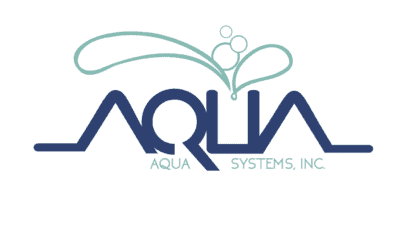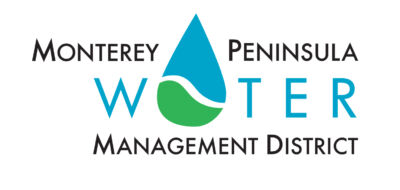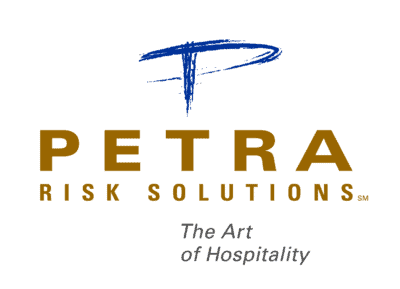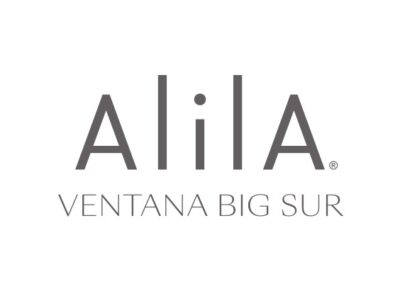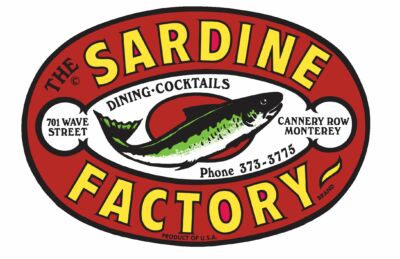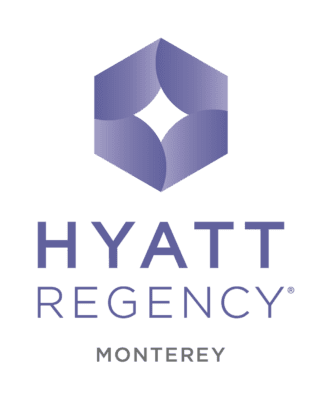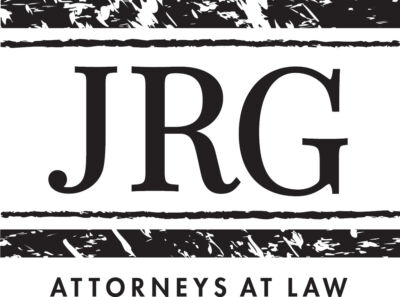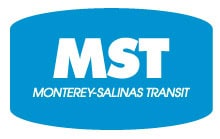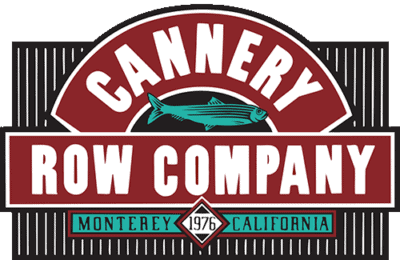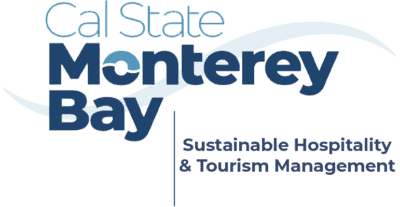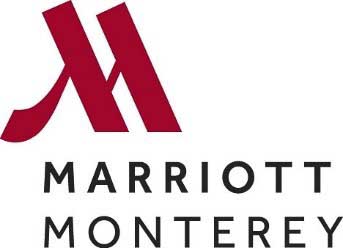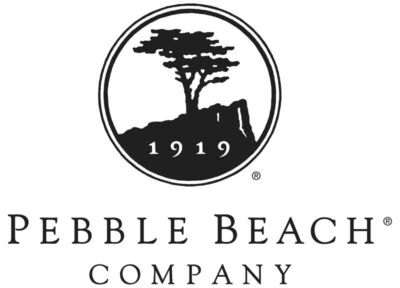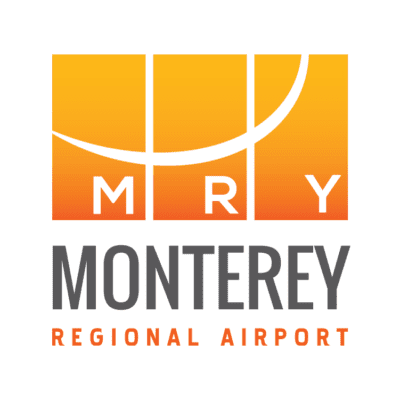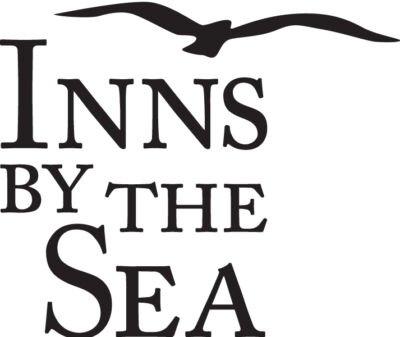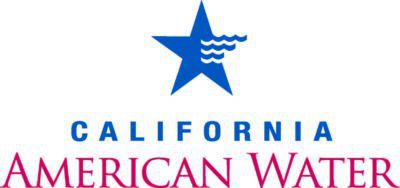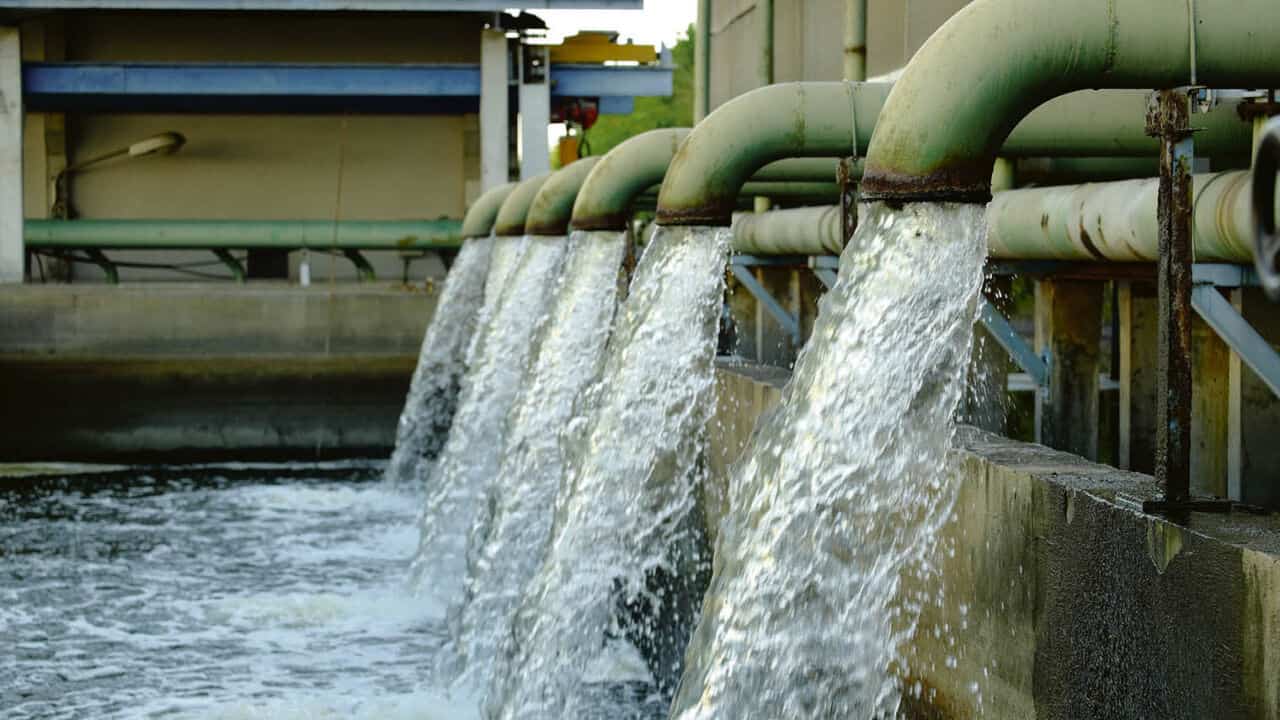
We’re hardly surprised to report that even during this covid-19 crisis, water politics on the Monterey Peninsula have not taken a break.
On Monday, April 27, the board of the regional sewer agency, Monterey One Water, met to discuss whether to certify and Environmental Impact Report for the expansion of Pure Water Monterey.
Pure Water Monterey is a partnership project between Monterey One Water and the Monterey Peninsula Water Management District. It takes wastewater and treats it to potable quality, injecting it into the natural Seaside Aquifer, so that Cal Am can purchase the water and deliver it to our taps. Phase One of the project was recently constructed and has already met with a number of challenges. The local media recently reported on sink holes forming around the project’s injection wells. In addition, some of the wells are not able to inject water at the rate anticipated. The project is behind schedule and approximately 40% over-budget.
Despite this, opponents of the desal plant have discussed expanding Pure Water Monterey as a replacement to the desal project. This was never the intent. Phase 1 described above was to only be a supplement to the desal plant, and never a replacement.
At the last Monterey One Water meeting, the board said no to this idea of expansion Part of the problem is that the wastewater for an expanded Pure Water Monterey would come entirely from the Salinas Valley, without providing any benefit to the Salinas Valley. Instead the water would be treated and sent to the Peninsula. The question of whether Monterey One Water even had a valid right to take the wastewater for this purpose was raised by the Monterey County Water Resources Agency and the City of Salinas, who urged the board to vote no on an expansion project.
The fact that the Monterey One Water board did say no may bode well for Cal Am’s desal plant. Part of the reason the California Coastal Commission did not vote on Cal Am’s project last year was that its staff believed the Pure Water Monterey Expansion could be a viable and less environmentally impactful alternative to desal. Now that the project appears infeasible, it will be interesting to see if the Coastal Commission staff change their tune?
There still is no date set for Cal Am’s desal project to go before the Coastal Commission, although staff has indicated an August hearing may be doable. When that day comes, we will be calling on all of you to support Cal Am’s project. It is the only solution that will satisfy the Cease and Desist Order, lift the moratorium and provide a benefit to the Salinas Valley and Castroville. Your letters and comments will be vital at that meeting. As our industry prepares for a recovery post covid-19, we must have adequate water supplies in place to allow for hospitality to regain occupancy, for business to recoup and be allowed to grow.
Gary Cursio.
Director of Government Affairs, MCHA









